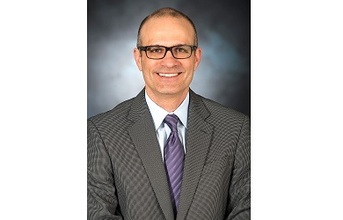
The jury selected Professor Hillmyer because of the scientific breadth and depth of his work and its relevance to the advancement of bio-based and circular materials.
Royal DSM has awarded Professor Marc Hillmyer, from the Chemistry Department at the University of Minnesota Twin Cities, with the 2020 Bright Science Award in materials sciences. The jury selected Professor Hillmyer because of the scientific breadth and depth of his work and its relevance to the advancement of bio-based and circular materials.
Over the past few decades, linear economic consumption of material resources has left the world facing a series of defining, complex and interdependent environmental challenges. It's this concerning landscape that underpins the Bright Science Award in materials sciences. This award is for scientists who have made major contributions to fundamental or applied research in the field of sustainable materials and whose work is instrumental in helping businesses involved in materials industries adopt more sustainable strategic directions.
Professor Hillmyer's scientific work, which combines deep knowledge of polymer synthesis and polymer properties, contributes to the development of recyclable and bio-based performance polymers. Hillmyer's scientific breakthroughs also include controlled nano-porosity in materials made from sacrificial block copolymers as well as the hierarchical self-assembly of multifunctional block copolymers into, for example, multicompartment micelles with three distinct phylicities as used in nanolithography. Such breakthroughs, often achieved in collaboration with industrial advisors, are crucial for the transformation toward a bio-based and circular economy.
The 2020 Bright Science Award in materials sciences was organized by DSM in partnership with the International Union of Pure and Applied Chemistry (IUPAC), the world authority on chemical nomenclature and terminology.
END


























